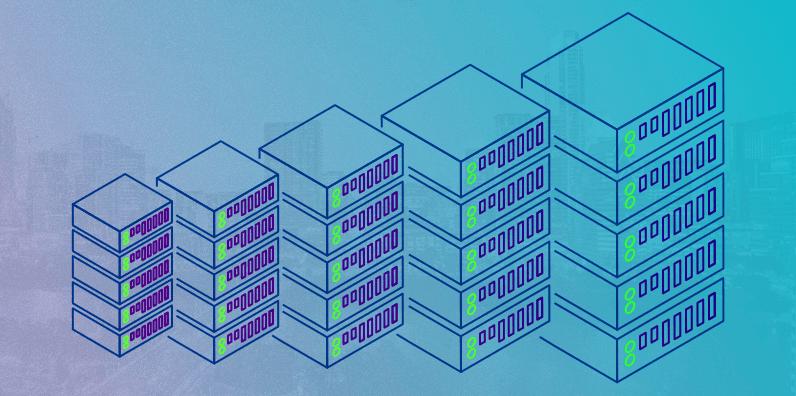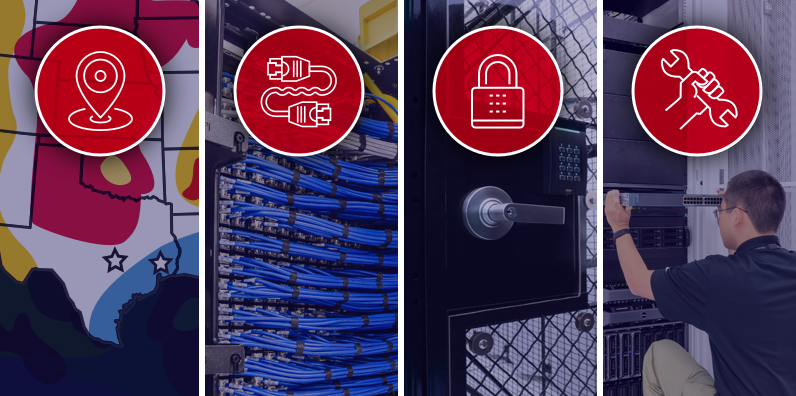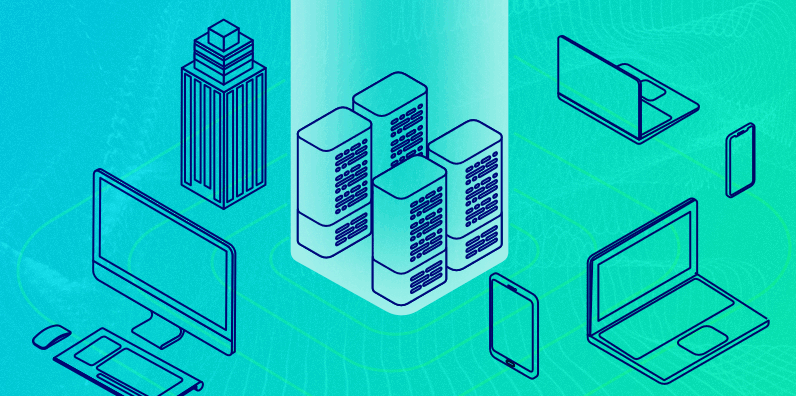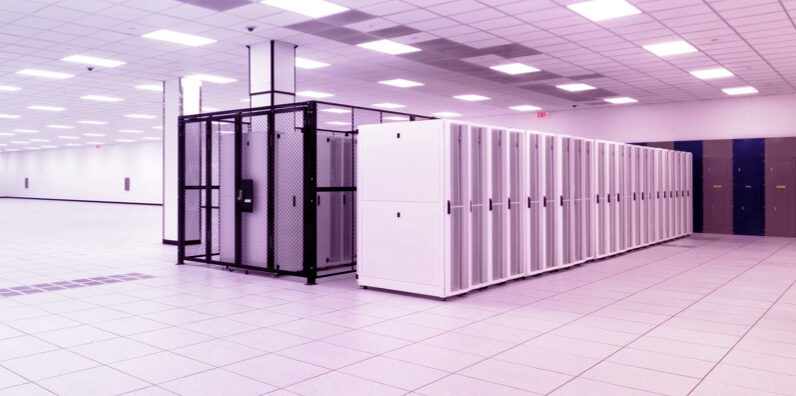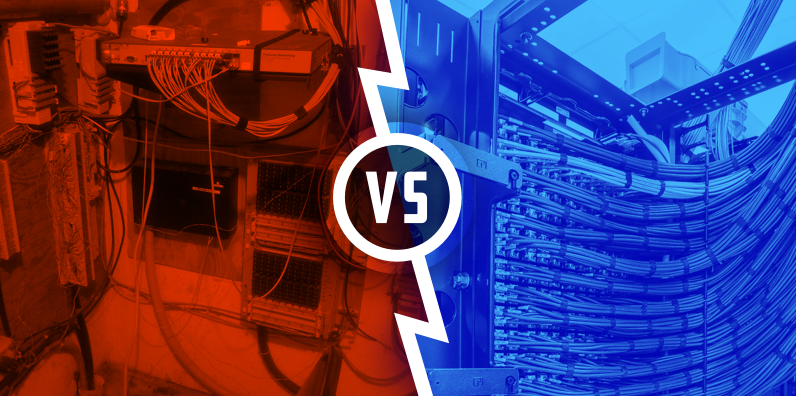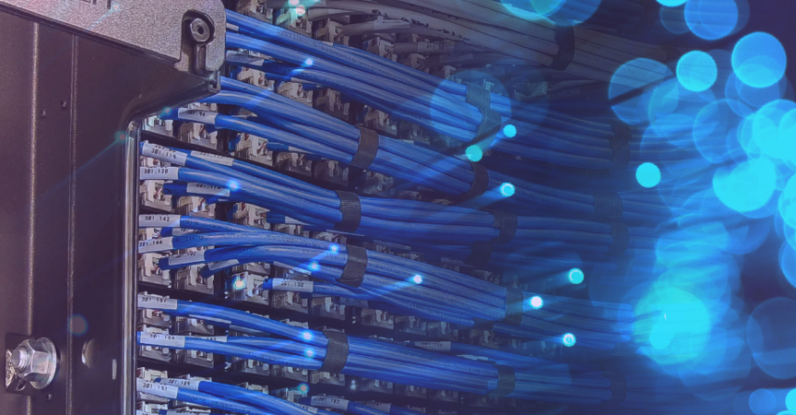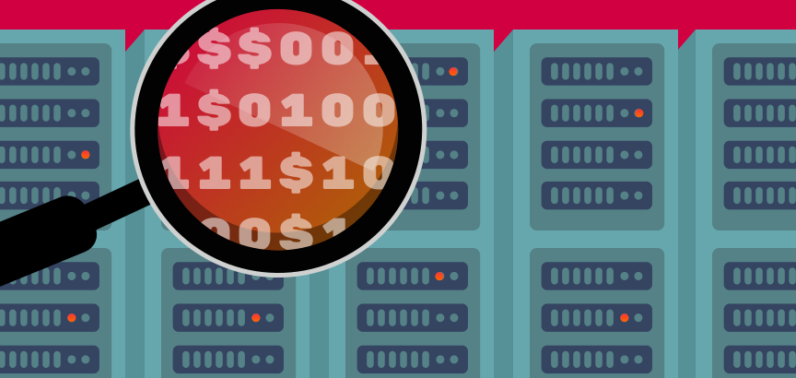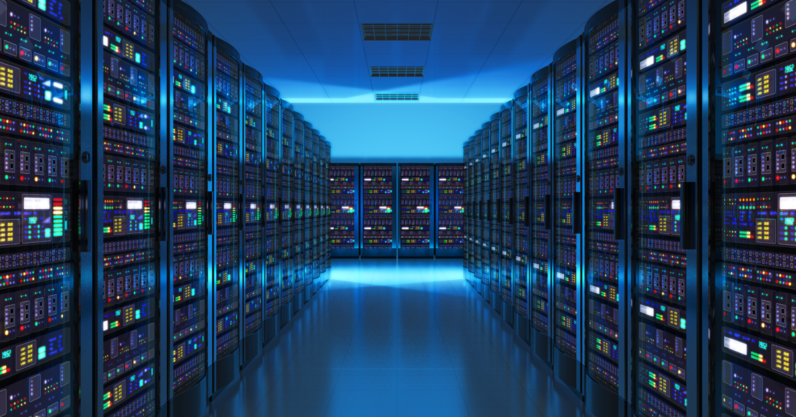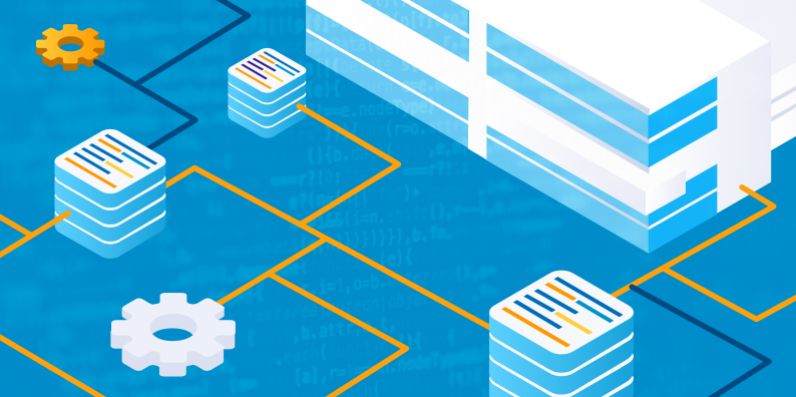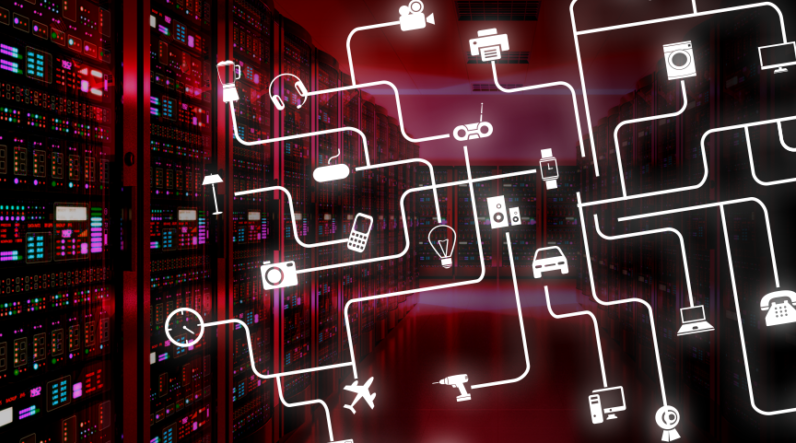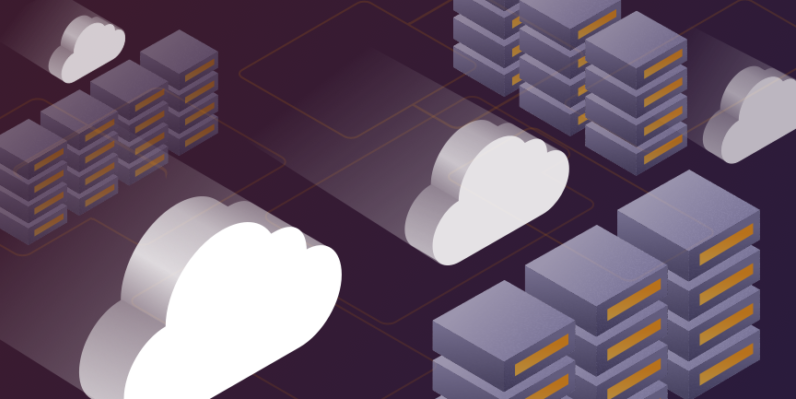Data center jargon can make searching for the right colocation facility challenging for businesses, and when it comes to terms like “purpose-built,” enterprises might be left wondering exactly what that means, why they should pay attention to it or if they even need that at all. Luckily, in the case of this data center term, it’s relatively self-explanatory but that doesn’t...
